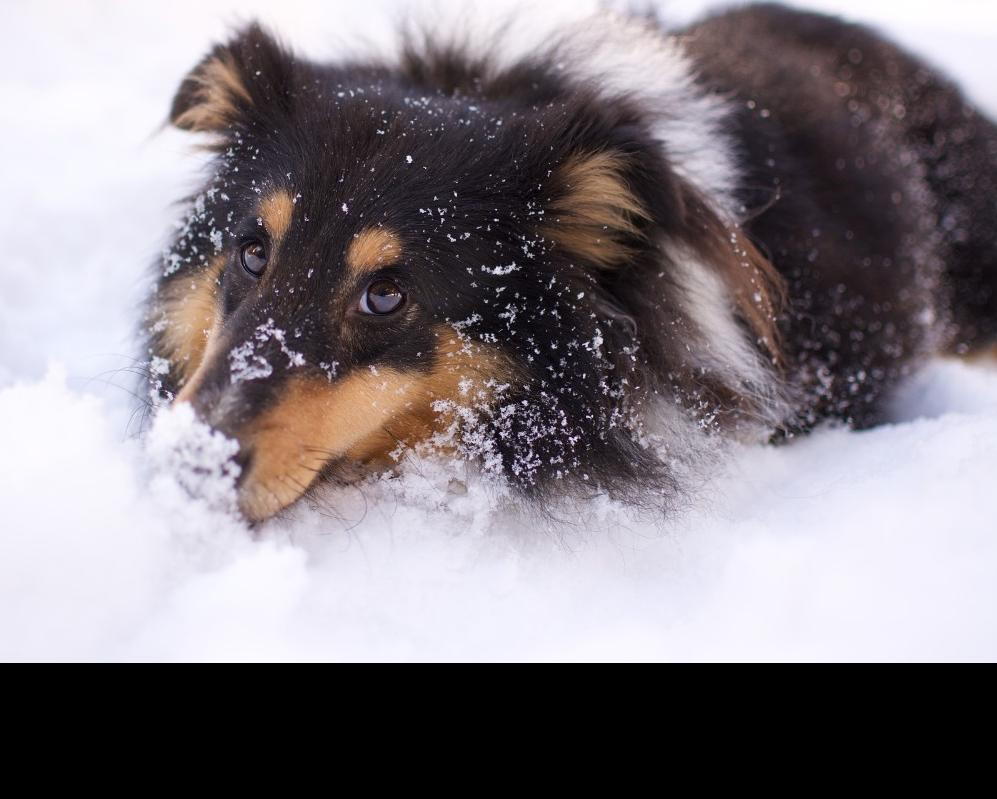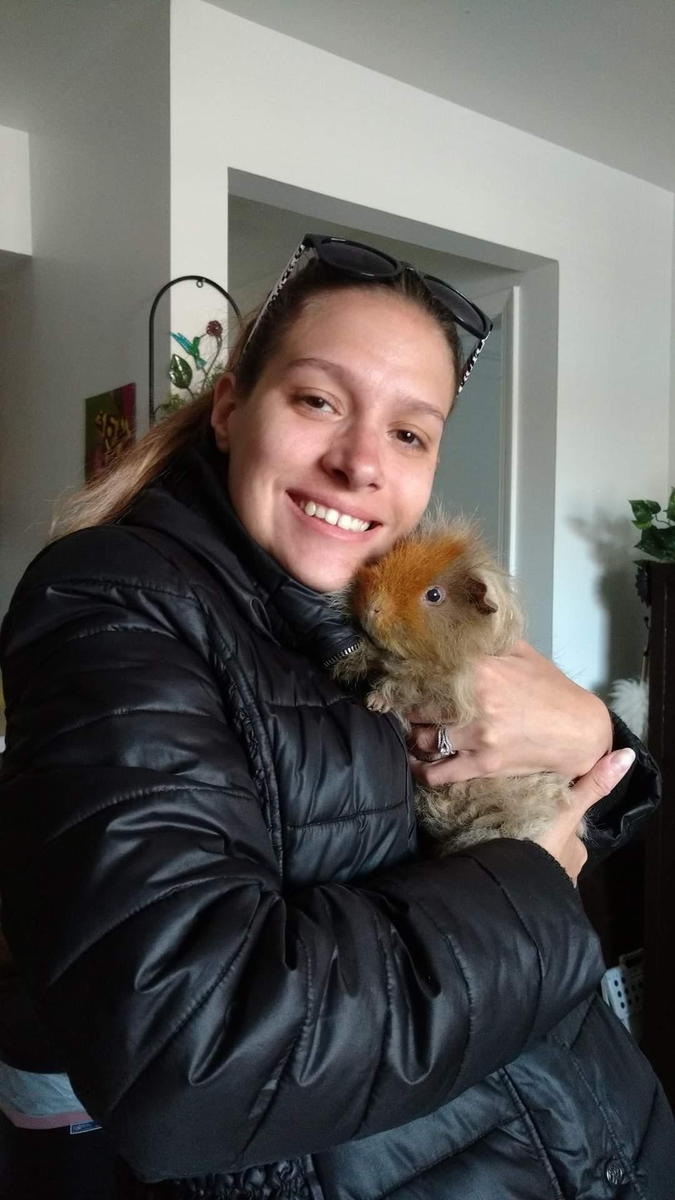
- posted: Jan. 10, 2022
Winter Newsletter 2022
Your indoor cat’s weight and play
Indoor cats frequently struggle with obesity and weight gain. This is due to a lack of physical stimulation in their play and inappropriate feeding amounts. There are also medical issues that can cause weight gain. It’s important to discuss any weight changes with us to help determine if changes could be due to medical issues. If there isn’t a medical reason for the weight gain, then we may just need to adjust food (calculate calories per day) and increase playtime (exercise).
One of the changes we like to see is the discontinuation of free feeding your cats. Free feeding is when you keep your cat’s bowl full of dry food at all times. We also need to feed appropriate amounts based on your cat’s daily caloric needs. Once we know how many calories your cat needs, we divide that into a minimum of 2 meals per day. If your schedule allows you to feed smaller more frequent meals that is fine too, just don’t exceed the calorie count for the day. And just a reminder; all food including treats, table scraps, canned or dry cat food, count towards the daily calorie total.
The second part of good weight control for your indoor cat is playtime & exercise. Playtime is not only good for weight control, but it also allows us individual time with our cat for human/animal bonding. Human/animal bonding is important as it will help decrease chances of medical conditions due to owners having more contact with their pet. And by increasing movement, we are stimulating our cat mentally and helping to burn calories. Some ways to play with your cat in a natural way, in an “indoor” environment are:
- Wands: feather wands are meant to simulate birds, so they should be played with in the air. Making your cat jump from lower surfaces to higher surfaces. Non-feather wands are meant to play with on the ground as if the “prey” is running from them. Always make sure to allow your cat to catch the “prey” and give them a “treat” (could just be a piece of their food). This helps them mentally with natural hunt/killing/eat behaviors.
- Rotate the toys. If toys are left out all the time, cats may become bored.
- Explore, search, and forage play: This type of play is an enrichment. Take one of the cat’s meals and place it in either a puzzle bowl, treat ball or a product called The Hunter Feeder by Doc & Phoebe. Getting their meals this way helps to mimic natural hunting for food.
Keep in mind, to decrease possible unwanted behaviors, NEVER touch your cat during play, don’t play using your hands/feet, and don’t use any other body parts during play. It is also important to never have dangling toys in use when the cat isn’t supervised, don’t tease them with toys, and do not “lift up” a cat that is biting a toy – by lifting the toy.
If you feel your pet may be obese or has had an increase in weight, schedule an appointment to discuss your options.
Office Hours*
M,W,F 9-6
T,Th 9-8
*Please Note: Starting in January, we will be closing from 2pm-3pm the last Tuesday of every month, for staff training and continuing education.
Respiratory Infections in Guinea Pigs
Respiratory infections are one of the most common problems with small, domesticated rodents, like guinea pigs, that we see at Caring Animal Hospital. Infected guinea pigs may have less of an appetite, have discharge from the eyes or nose, sneeze, or have trouble breathing. Similar symptoms can be shown with mild upper respiratory infections (like a sinus infection) or severe cases of a lower respiratory infection (pneumonia).
Pneumonia is one of the most significant diseases of guinea pigs and can be caused by several viruses or bacteria, including Bordetella and Streptococcus. Guinea pigs can naturally carry these bacteria and may be outwardly healthy carriers. These bacteria tend to be opportunistic, meaning they infect susceptible animals with compromised immune systems, multiply, and cause disease. Stress, such as overcrowding, pregnancy, and the presence of other illness, temperature changes, environment changes, etc. can increase the chance that infection will develop, and young or geriatric animals are most often affected. The bacteria are spread by direct contact, airborne particles, and on contaminated hands or objects.
Blood work and x-rays may be recommended for any pet experiencing the above symptoms. Cultures of the eye and nasal discharge can be taken to identify the causative organism so that the appropriate antibiotics can be prescribed. Some guinea pigs may need to be hospitalized for additional supportive care, or in severe cases, even require supplemental oxygen.
Employee Spotlight:
Nicole Clark, Receptionist:
Nicole just started as a receptionist with Caring Animal Hospital in September of 2021. She has been in the veterinary industry since 2010, and has worked as a receptionist, veterinary assistant, and practice manager. She has special interests in exotic animal medicine and behavior.
In her spare time, she enjoys cross stitching, photography, and going up north. She lives in the area with her husband, dog named Rita, and 3 guinea pigs, Zetty, Duni, and Marge. She loves watching sports, especially the Red Wings and Tigers.

Hours of Operation
Occasionally closed Tuesdays or Thursdays from 2pm-3pm for staff training!
9:00 AM - 6:00 pm
9:00 AM - 8:00 pm
9:00 AM - 6:00 pm
9:00 AM - 8:00 pm
9:00 AM - 6:00 pm
Closed
Closed


